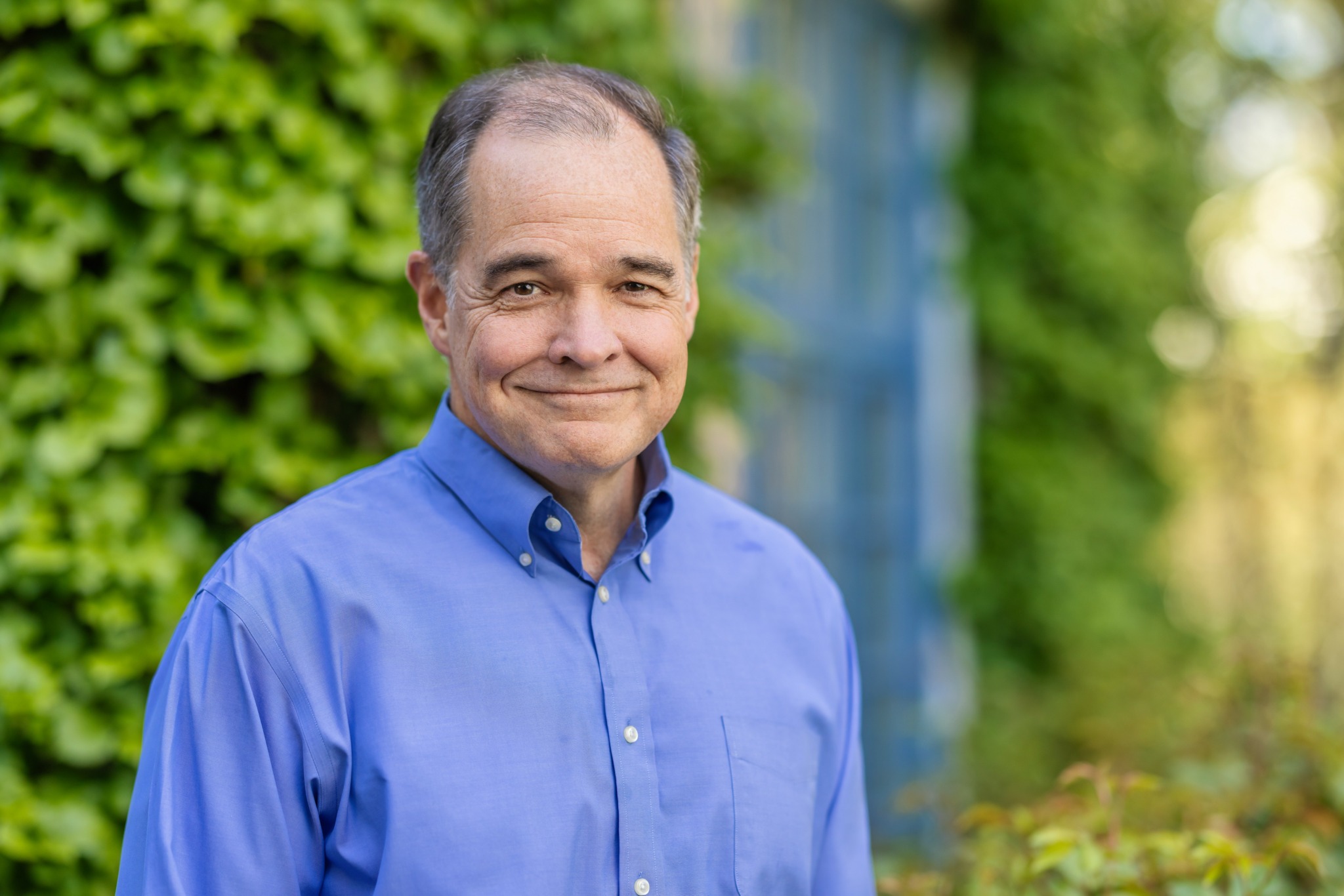Alright – so today we’ve got the honor of introducing you to Robert Macauley. We think you’ll enjoy our conversation, we’ve shared it below.
Alright, Robert thanks for taking the time to share your stories and insights with us today. We love heartwarming stories – do you have a heartwarming story from your career to share?
The story that I usually come back to is about Grace. She was about 14 years old when I first met her, already many years into her journey with cancer. She was a truly remarkable person intent on savoring each moment of life despite the pain the cancer caused and the frequent hospital admissions that were required to keep the pain under control and to administer chemotherapy. Finally, when she was about to enter her senior year of high school, there were no more treatments left to try. Recognizing that time was short, she continued to express her greatest dreams, especially seeing Broadway. She had been an amazing actress in high school drama productions, several of which I had the good fortune to see. But she always wanted to see the big stage.
Through an amazing collaboration of folks who wanted to help her, including a local foundation who loaned us their corporate jet and the 2 pilots who gave up their weekend to help out this girl they had never met before, Grace and her mother and I along with a nursing student and a nurse flew to New York where she was able to meet the cake boss in person on his set, and then see wicked on Broadway. The cast gave her a backstage tour after the show and as I wheeled her in her wheelchair down the sidewalk back to the hotel afterwards she was positively aglow.
So many patients I’ve known, through no fault of their own, end up fading away a little bit at the end of their lives, as the disease becomes overwhelming. Grace never faded away; she lived her best life until the very end, as she died barely 24 hours after the corporate jet landed back home in Burlington Vt.
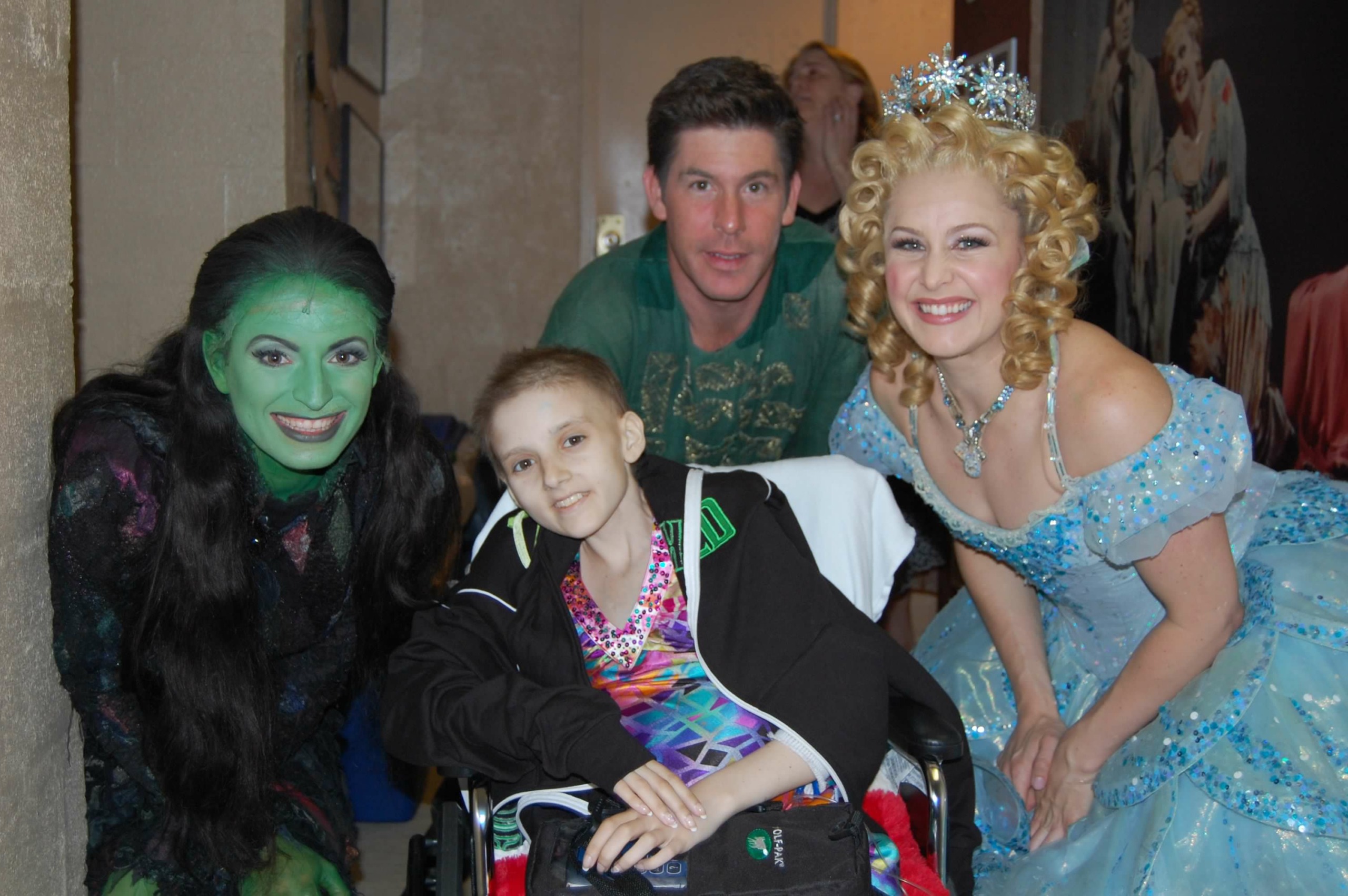
Great, appreciate you sharing that with us. Before we ask you to share more of your insights, can you take a moment to introduce yourself and how you got to where you are today to our readers.
Back in college I was torn between a desire to become a physician or an ordained minister. Fortunately, I discovered that I didn’t have to choose, ultimately doing a combined medical and divinity school program at Yale. I was ordained an Episcopal priest around the time that I graduated from medical school, and after a few years of trying to do a little bit of each, with only moderate success, I ended up focusing on the clinical ethics, which I felt was a good way to balance all the different things I like to do and the skills and experience that I had. And I soon discovered, however, that ethics can be a little cerebral, and I missed treating kids, having trained as a pediatrician. I was fortunate to discover pediatric palliative care, and ended up founding the pediatric palliative care team at the University of Vermont and subsequently moving to Oregon health and science university where I direct the pediatric palliative care team.
A lot of people misunderstand palliative care. They think it is about giving up or is reserved for end of life care. In pediatrics, though, we often follow patients for long periods of time and try to companion them on a complex journey. I like to say that we do three things: we get to know families really well so that we can help them make medical decisions that reflect their goals, we help prevent suffering such as pain and nausea, and we provide emotional and spiritual support during difficult times. A good friend of mine the field is fond of saying that another name for palliative care is the “regret prevention team,” as we try to identify what is important for patients and give them the best chance to live their best life as long as possible.
I am most proud of entering into a difficult time in my patients’ lives and trying to make it a little bit better. The parent of one of my patients, who went on to be a good friend, once described my job as “taking a shitty situation and making it less shitty.” That may not seem like much, especially compared to other physicians (whom I confess to being envious of) who get to cure diseases, but given the stakes, I’m grateful to be able to enter into a profound moment in my patients’ lives.
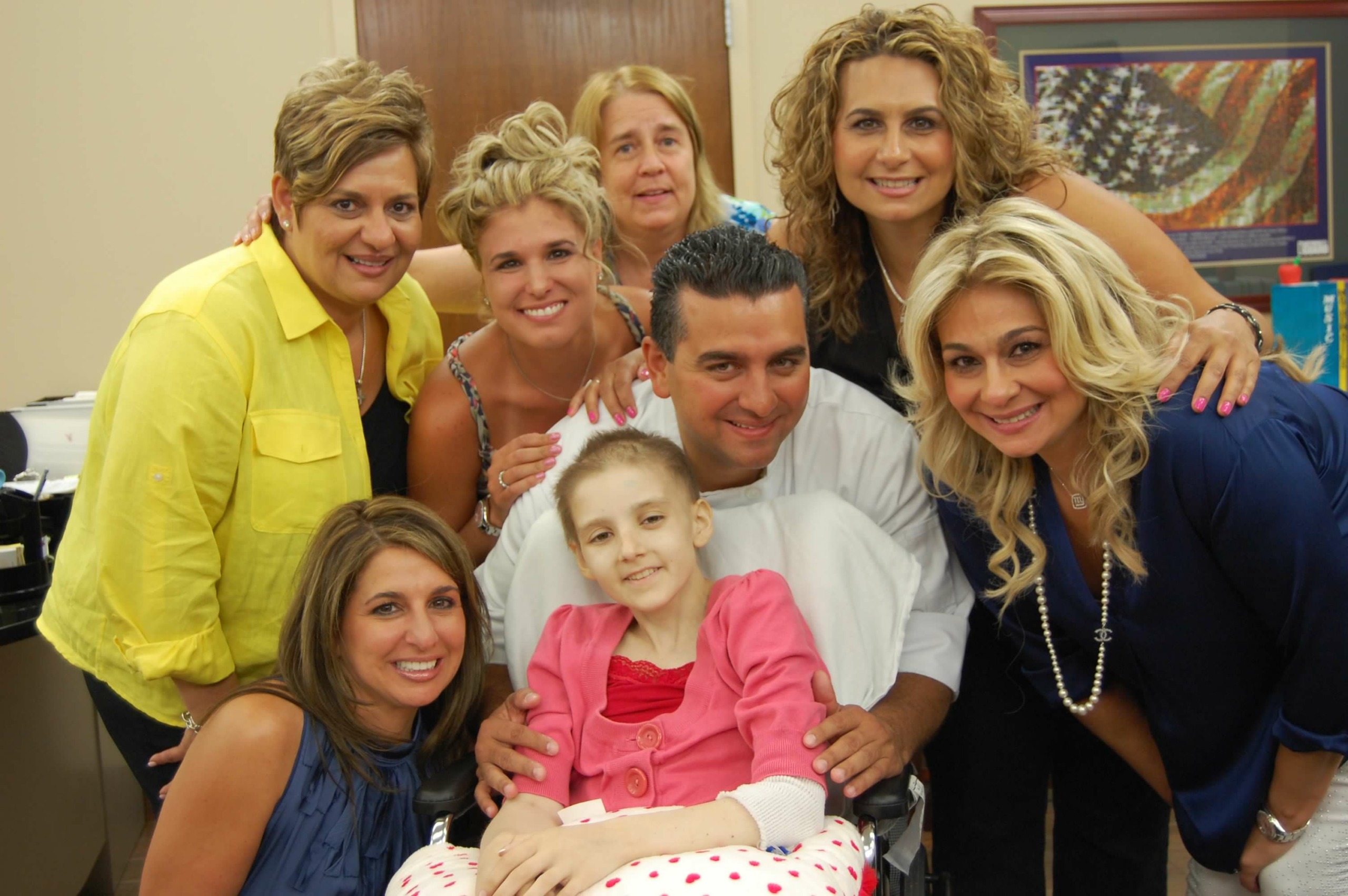
Do you think you’d choose a different profession or specialty if you were starting now?
I count myself incredibly fortunate to have discovered the field in which I work period it is quite a new field, to the point where I don’t think I heard the word “palliative” in three years of residency in the mid 1990s. Only later was it recognized how much kids suffer at the end of life, and that for all of the amazing treatments that we have available these days, there are still some conditions that we are unable to cure.
I realize I’m a little bit unusual in this respect. I have 4 kids, and none of them have ever considered going into medicine (let alone my specialty). There was actually a period of time, that lasted maybe a month or two, at my last job where not a week went by when somebody didn’t come up to me in the hallway, sometimes someone I didn’t even recognize, and say, “I’m so glad I don’t have your job.”
I get why they might say that, but I don’t think they get how profound the work can be, engaging with children and their families at potentially the most important moment of their lives.
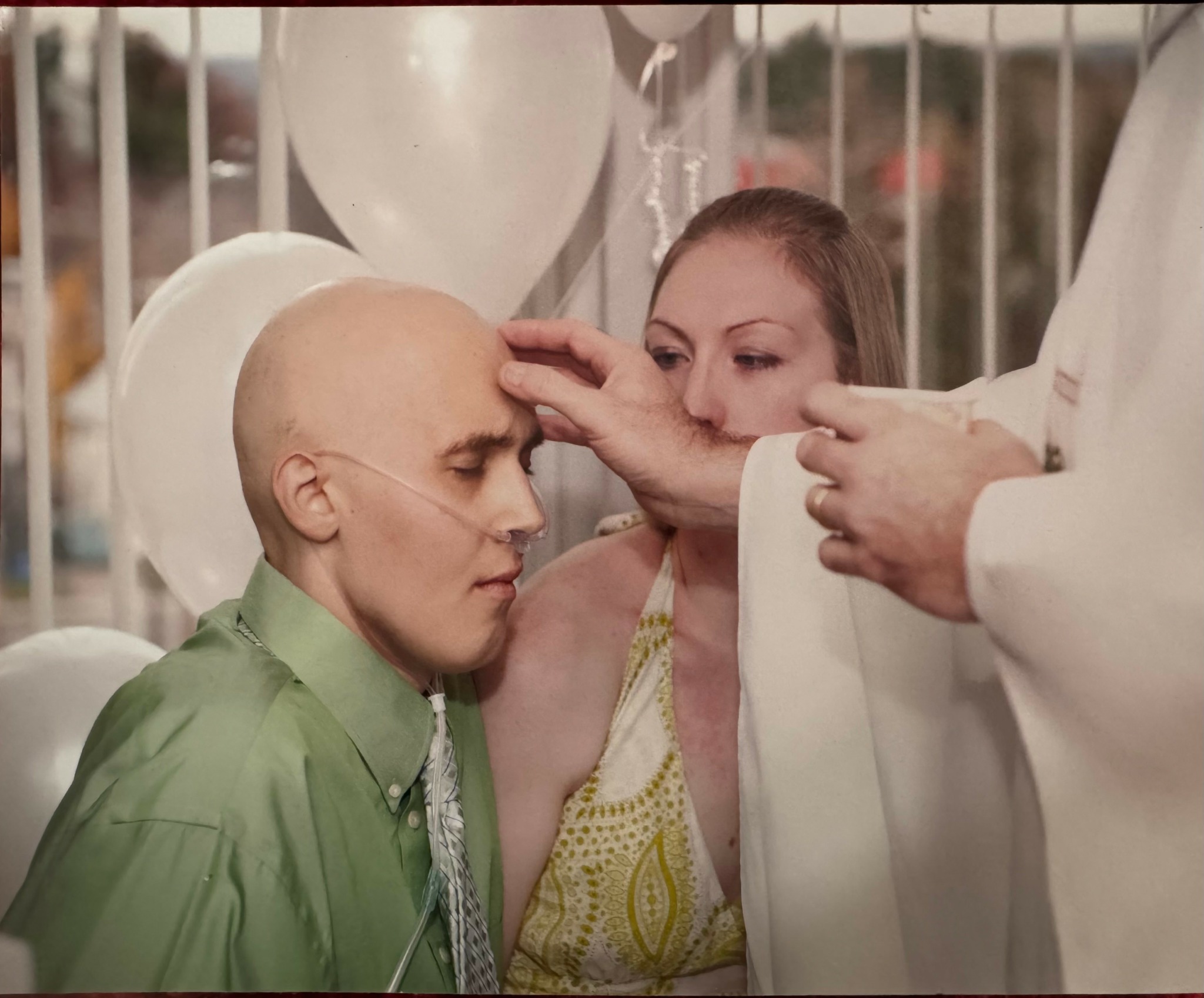
Can you tell us about a time you’ve had to pivot?
As I mention in the book, I never thought our family would leave Vermont. After having moved around a lot as a child, as my wife also did, we set down some deep roots there and I imagined myself putting in a solid 30 years at the University of Vermont and riding off into the sunset as the paterfamilias of ethics and palliative care. The work environment, though, became untenable, and I had to search for what was most important in my life and in the lives of my wife and children. I thought about giving up medicine altogether, and exploring some new career even at the age of 50. But in the end I realized that my heart was with palliative care, and I was fortunate enough to find a place where the work was valued and the work environment was nurturing.
Contact Info:
- Website: https://www.RobertMacauley.com
- Instagram: DrBobMacauley
- Facebook: bob.macauley.31
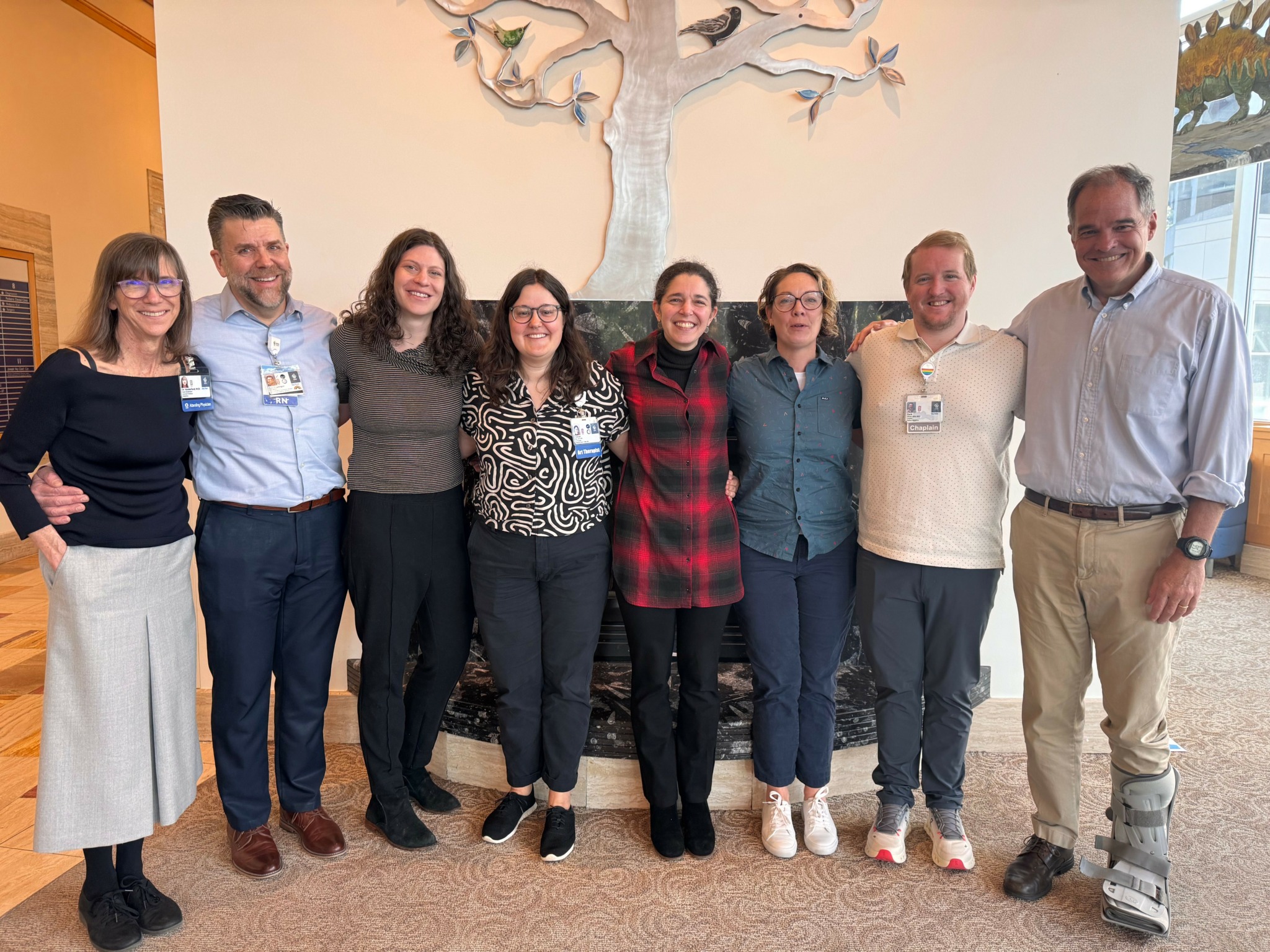
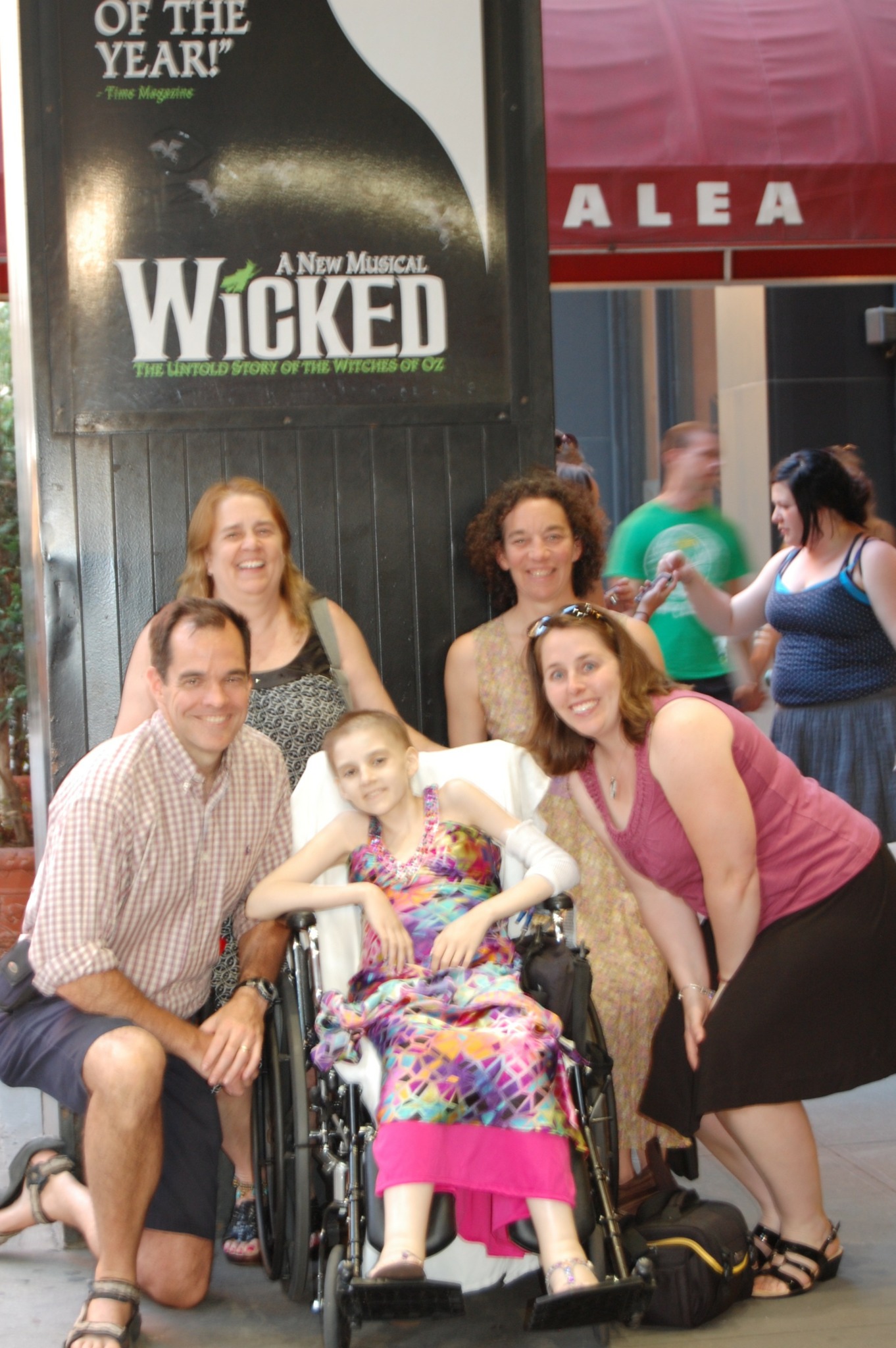

Image Credits
Author headshot: QO Photography


